Parent Functions
[include_netrun_products_block from-products="product/6-south-carolina-sc-ready-grade-3-math-practice-tests/" product-list-class="bundle-products float-left" product-item-class="float-left" product-item-image-container-class="p-0 float-left" product-item-image-container-size="col-2" product-item-image-container-custom-style="" product-item-container-size="" product-item-add-to-cart-class="btn-accent btn-purchase-ajax" product-item-button-custom-url="{{url}}/?ajax-add-to-cart={{id}}" product-item-button-custom-url-if-not-salable="{{productUrl}} product-item-container-class="" product-item-element-order="image,title,purchase,price" product-item-title-size="" product-item-title-wrapper-size="col-10" product-item-title-tag="h3" product-item-title-class="mt-0" product-item-title-wrapper-class="float-left pr-0" product-item-price-size="" product-item-purchase-size="" product-item-purchase-wrapper-size="" product-item-price-wrapper-class="pr-0 float-left" product-item-price-wrapper-size="col-10" product-item-read-more-text="" product-item-add-to-cart-text="" product-item-add-to-cart-custom-attribute="title='Purchase this book with single click'" product-item-thumbnail-size="290-380" show-details="false" show-excerpt="false" paginate="false" lazy-load="true"]
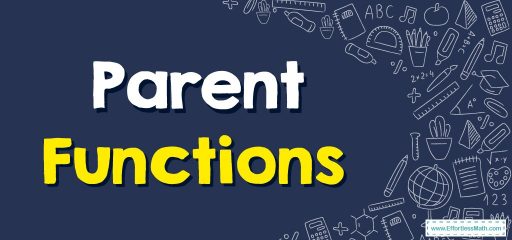
Parent functions are the basic forms of various families of functions. In short, it represents the simplest form of a function without any transformations. For example, the parent function for the family of linear functions is the function \(y=x\), because any linear function can be derived by applying a transformation (such as shifting or stretching) to this function. For additional educational resources,. For education statistics and research, visit the National Center for Education Statistics.
Other examples of common parent functions include: For additional educational resources,. For education statistics and research, visit the National Center for Education Statistics.
- The parent function for the family of quadratic functions is \(y = x^2\)
- The parent function for the family of cubic functions is \(y = x^3\)
- The parent function for the family of absolute value functions is \(y = |x|\)
- The parent function for the family of exponential functions is \(y = b^x\) (where b is a constant greater than 0 and not equal to 1)
- The parent function for the family of logarithmic functions is \(y = log(x)\) (with base 10 or base e)
Parent functions are used as a starting point to graph and analyze functions within the family. Understanding the parent function can help you understand the behavior and characteristics of all the functions within the family, which can aid in solving problems or analyzing data. For additional educational resources,. For education statistics and research, visit the National Center for Education Statistics.
Related to This Article
More math articles
- 4 Best Keyboards for Online Teaching
- How to Compare Money Amounts
- ASVAB Math Practice Test Questions
- The Best Tablets for Math Teachers
- How to Prepare for the ISEE Upper-Level Math Test?
- SAT Math Formulas
- Multiplying Mixed Numbers for 5th Grade: Convert and Multiply
- Full-Length GRE Math Practice Test
- Full-Length 7th Grade MCAS Math Practice Test-Answers and Explanations
- Comparing and Ordering Fractions for 4th Grade




















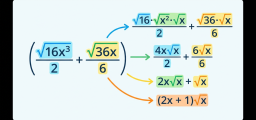
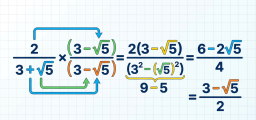
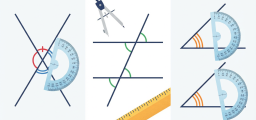

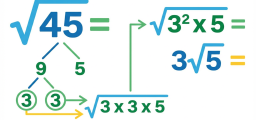
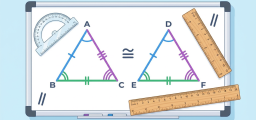









What people say about "Parent Functions - Effortless Math: We Help Students Learn to LOVE Mathematics"?
No one replied yet.